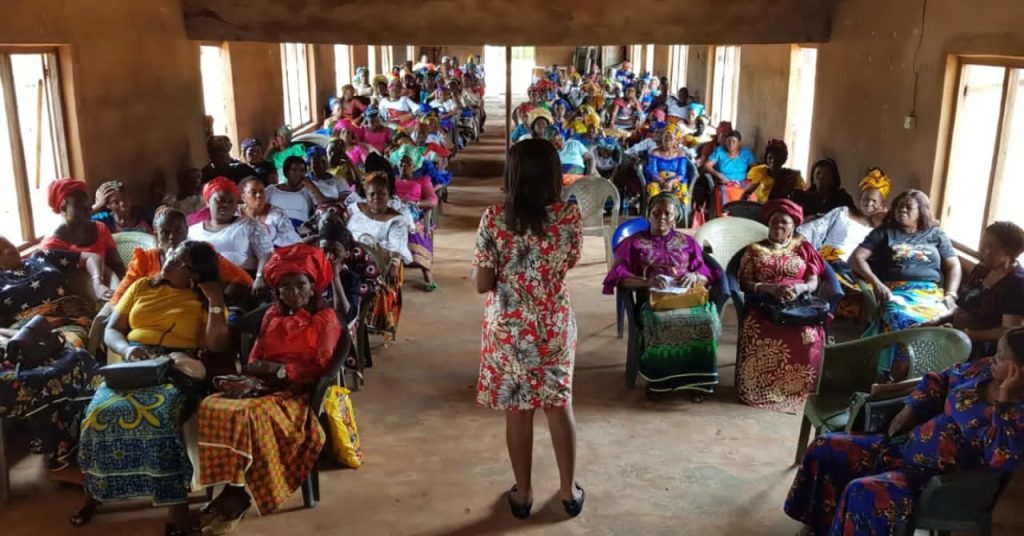Ben Ezechime, Enugu
The South Saharan Social Development Organisation (SSDO) and ActionAid Nigeria, on Thursday, said that empowering communities through projects monitoring, evaluation ensures successful people-oriented interventions in communities.
Mrs Favour Kalu, SSDO’s Monitoring and Evaluation (M&E) Officer, said this to newsmen in Enugu after monitoring and evaluating rural and community-based projects being implemented by SSDO and ActionAid Nigeria in South-East.
Kalu noted that the NGOs monitoring and evaluation was in ensuring evidence-based decision-making, improved performance, better resource allocation, quality assurance, real-time learning, and long-term sustainability of people-oriented interventions and projects.
According to her, understanding this need, SSDO in partnership with ActionAid Nigeria, conducted monitoring and evaluation visits to various project sites under the Local Rights Programme to ascertain the level of progress made on the projects.
“The monitoring evaluated the progress of the women’s peer education groups, Gender Based Violence (GBV) response teams, agroecology training, and the impact of child message collection in the target communities,” she said.
On the GBV response teams, Kalu said that the GBV response teams had solved over five cases since their inception, adding that this include cases of child abuse, land disputes, and gender-based violence.
The SSDO officer said that the impact of the women peer education group was analysed using the women’s peer resource checklist.
She added that the women had adopted new sanitation practices, are more aware of the effects of child marriage, and more women are now included in decision-making processes at the community level.
On the agro-ecology front, Kalu said that the monitoring and evaluating team visited the model farms in Enugu State.
She said: “The seedlings are flourishing and farmers have started applying the learned knowledge to their farms.
“They have transitioned to organic manure from their livestock, reallocating funds initially earmarked for chemical fertilizers to procure additional seedlings for planting and intending to maximise output at the end of the farming season,” she said.
She said that the child message collection activities had empowered kids with water bottles, food flasks, writing materials, and desks; even as this move had improved the kids’ learning environment and outcome.
A teacher, who simply gave her name as Chinonye, told the monitoring and evaluating team that: “The children are excited about the writing materials and desks. They come to school earlier now.
“Those who do not come often now come regularly.”
Kalu also noted that the monitoring and evaluation team also held a community stakeholder meeting to finalise on the construction of more desks in the Ihenyi community.

